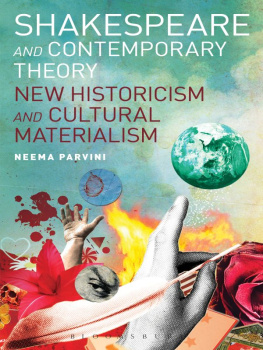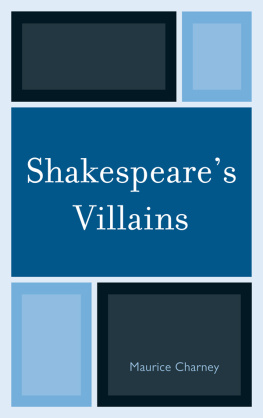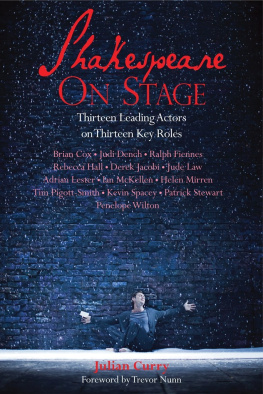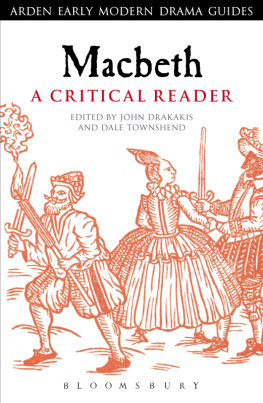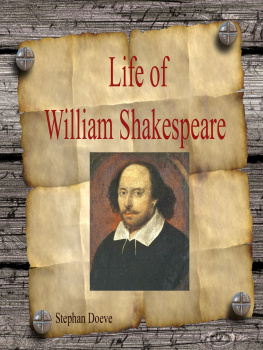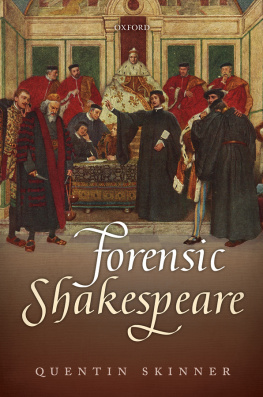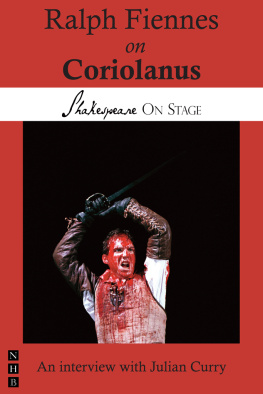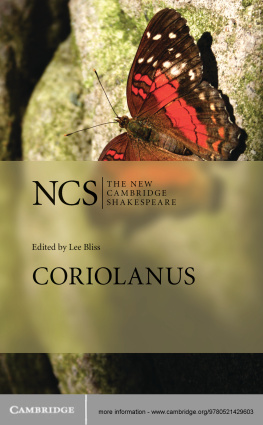Shakespeare William - Coriolanus
Here you can read online Shakespeare William - Coriolanus full text of the book (entire story) in english for free. Download pdf and epub, get meaning, cover and reviews about this ebook. City: New York, year: 2011, publisher: Random House; Modern Library, genre: Science. Description of the work, (preface) as well as reviews are available. Best literature library LitArk.com created for fans of good reading and offers a wide selection of genres:
Romance novel
Science fiction
Adventure
Detective
Science
History
Home and family
Prose
Art
Politics
Computer
Non-fiction
Religion
Business
Children
Humor
Choose a favorite category and find really read worthwhile books. Enjoy immersion in the world of imagination, feel the emotions of the characters or learn something new for yourself, make an fascinating discovery.

- Book:Coriolanus
- Author:
- Publisher:Random House; Modern Library
- Genre:
- Year:2011
- City:New York
- Rating:4 / 5
- Favourites:Add to favourites
- Your mark:
- 80
- 1
- 2
- 3
- 4
- 5
Coriolanus: summary, description and annotation
We offer to read an annotation, description, summary or preface (depends on what the author of the book "Coriolanus" wrote himself). If you haven't found the necessary information about the book — write in the comments, we will try to find it.
Coriolanus — read online for free the complete book (whole text) full work
Below is the text of the book, divided by pages. System saving the place of the last page read, allows you to conveniently read the book "Coriolanus" online for free, without having to search again every time where you left off. Put a bookmark, and you can go to the page where you finished reading at any time.
Font size:
Interval:
Bookmark:
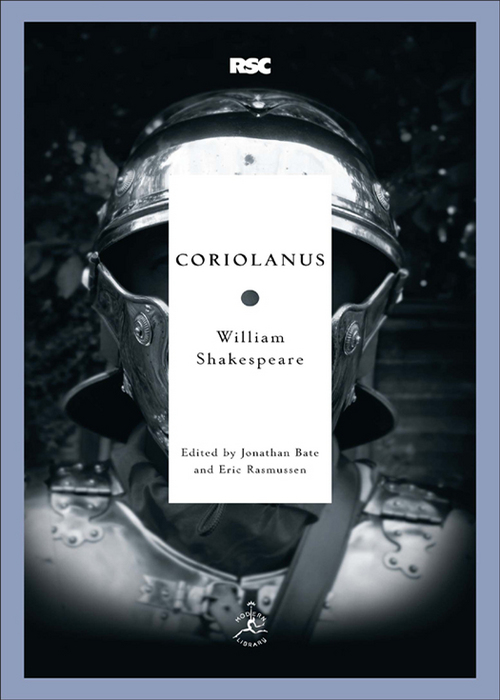
Edited by Jonathan Bate and Eric Rasmussen
Chief Associate Editors: Jan Sewell and Will Sharpe
Associate Editors: Trey Jansen, Eleanor Lowe, Lucy Munro,
Dee Anna Phares, Hlose Snchal Coriolanus
Textual editing: Eleanor Lowe and Eric Rasmussen
Introduction and Shakespeares Career in the Theater: Jonathan Bate
Commentary: Eleanor Lowe and Hlose Snchal
Scene-by-Scene Analysis: Esme Miskimmin
In Performance: Jan Sewell (RSC stagings) and Peter Kirwan (overview)
The Directors Cut (interviews by Jonathan Bate and Kevin Wright):
Gregory Doran and David Farr Editorial Advisory Board
Gregory Doran, Chief Associate Director,
Royal Shakespeare Company
Jim Davis, Professor of Theatre Studies, University of Warwick, UK
Charles Edelman, Senior Lecturer, Edith Cowan University,
Western Australia
Lukas Erne, Professor of Modern English Literature,
Universit de Genve, Switzerland
Jacqui OHanlon, Director of Education, Royal Shakespeare Company
Akiko Kusunoki, Tokyo Womans Christian University, Japan
Ron Rosenbaum, author and journalist, New York, USA
James Shapiro, Professor of English and Comparative Literature, Columbia University, USA
Tiffany Stern, Professor and Tutor in English, University of Oxford, UK
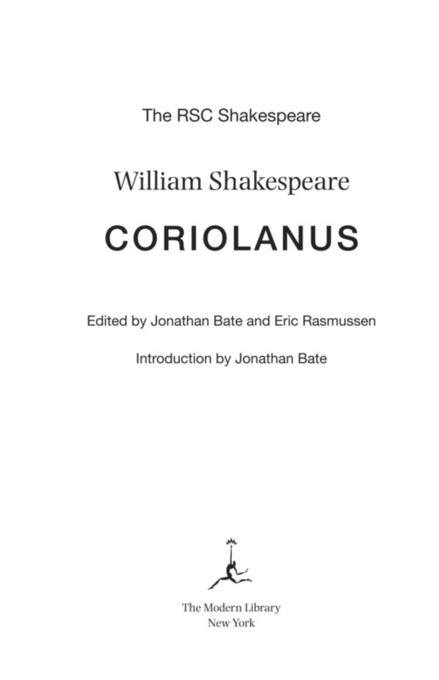
The Random House Publishing Group, a division of
Random House, Inc., New York. M ODERN L IBRARY and the T ORCHBEARER Design are registered trademarks of Random House, Inc. Royal Shakespeare Company, RSC, and the RSC logo are trademarks or registered trademarks of The Royal Shakespeare Company. The version of Coriolanus and the corresponding footnotes that appear in this volume were originally published in William Shakespeare: Complete Works, edited by Jonathan Bate and Eric Rasmussen, published in 2007 by Modern Library, an imprint of The Random House Publishing Group, a division of Random House, Inc. eISBN: 978-1-58836-881-2 www.modernlibrary.com Cover design: Gabrielle Bordwin
Cover photograph: Stephen Mulcahey/
Arcangel Images v3.1
The play anatomizes the strengths and the weaknesses of both absolutism and republicanism, interrogates both the principle of aristocracy and that of democracy. The plebeians and their elected representatives, the tribunes, have arguments as good as those of the patricians who, at the beginning of the play, have been hoarding grain for no good reason. But ultimately, Hazlitt contended, Shakespeare had a leaning toward the side of arbitrary power, that of Coriolanus himself. Perhaps in contempt of his own lowly origins, or out of politic fear of the consequences of confusion in the state, Shakespeare gives charisma to aristocratic swagger. Stage directions such as Citizens slink away and Enter a rabble of plebeians suggest where authorial sympathies do not lie. The language of poetry, Hazlitt said, naturally falls in with the language of power.
All the memorable poetry belongs to Coriolanus, none to the tribunes. Whatever the force of the arguments on either side, the audience is swept away by the energy of the plays warrior hero. In particular, there is something irresistible about his solitary intensity. Alone I did it, he vaunts, remembering the deed that gave him his name: the conquest of Corioles, achieved when the plebeian soldiers ran away and the gates of the enemy city clanged shut behind him. In its way, his arrogance is as magnificent as his courage. Accused of being an enemy to the people, he is banished from the city for which he has been prepared to lay down his life on the battlefield.
His reply turns the sentence on its head: You common cry of curs, whose breath I hate As reek othrotten fens: whose loves I prize As the dead carcasses of unburied men That do corrupt my air: I banish you, And here remain with your uncertainty. The brilliance of the writing is in the detail: not only the glorious turn in the verb from passive banished to active I banish you, but also the first person pronoun my applied to the very air, thus showing how Coriolanus world revolves around himself, and the riposte here [may you] remain with your uncertainty, which reveals the gulf between the solitary martial heros firmness of vision and the messy vicissitudes of communal life. Coriolanus walks proudly away from Rome, soon to face the humiliation of being ordered around by mere servingmen. The very qualities that made him a great warriorhis singleness of purpose and lack of compromiseare those that make him a poor politician. The play is a tragedy because the man of war cannot keep the peace. It is also a work of deep irony.
Coriolanus is the walking embodiment of masculinity. He feels a peculiarly intense bond with Aufidius, his opponent on the battlefield. The single erotic speech in the play is spoken by Aufidius when he welcomes the exiled Coriolanus to his home, an arrival that excites him more than his wife crossing his threshold on their wedding night. His nightly dream has been to wrestle with Coriolanus body in hand-to-hand combat: We have been down together in my sleep, Unbuckling helms, fisting each others throat, And waked half dead with nothing. Though Coriolanus does not respond to this extraordinary advance in verbal kind, he is manifestly a man who is at his most fulfilled when among other men. And yet the march of this supremely manly man comes to an abrupt halt in the face of his mother, Volumnia.
The ladies have prevailed: by a lovely irony, Rome is saved by the words of an old woman, not the deeds of a young man. No wonder Caius Martius is so angry when Aufidius calls him boy: Coriolanus is Peter Pan in full body armor, a boy who refuses to grow up.
His book included forty-six biographies of the great figures of ancient history, arranged in pairs, half Greek and half Roman, with a brief comparison between each pair. The purpose of the parallel was to ask such questions as who was the greater general, the Greek Alexander or the Roman Julius Caesar? Shakespeare affectionately mocks the device of parallelism in Henry V, when Fluellen argues that Harry of Monmouth is like Alexander of Macedon because their respective birthplaces begin with an M and theres a river in each and there is salmons in both. But the comedy here is at Fluellens expense, not Plutarchsand, like all Shakespeares richest jokes, it has a serious point. As Alexander the Great killed his bosom-friend Cleitus in a drunken brawl, so King Harry in all sobriety caused his old chum Falstaff to die of a broken heart. For Shakespeare, the historical parallel was a device of great power. The censorship of the stage exercised by court officialdom meant that it was exceedingly risky to dramatize contemporary affairs, so the best way of writing political drama was to take subjects from the past and leave it to the audience to see the parallel in the present.
Font size:
Interval:
Bookmark:
Similar books «Coriolanus»
Look at similar books to Coriolanus. We have selected literature similar in name and meaning in the hope of providing readers with more options to find new, interesting, not yet read works.
Discussion, reviews of the book Coriolanus and just readers' own opinions. Leave your comments, write what you think about the work, its meaning or the main characters. Specify what exactly you liked and what you didn't like, and why you think so.


